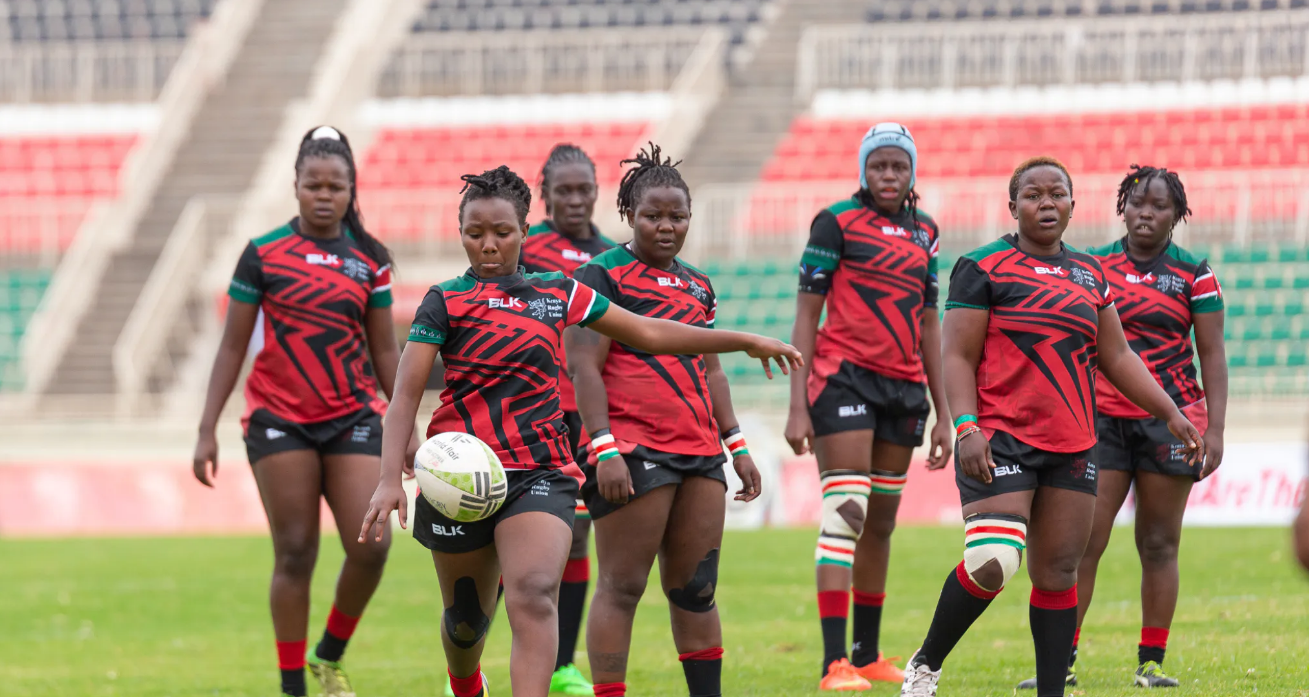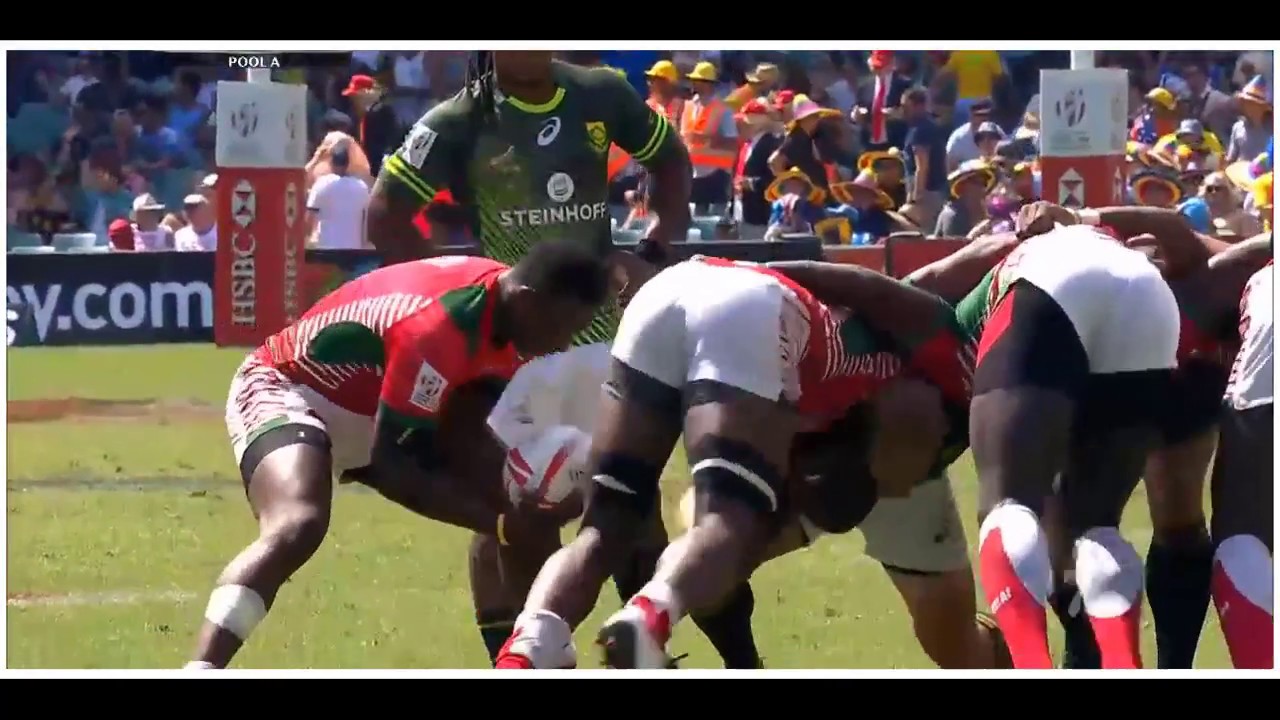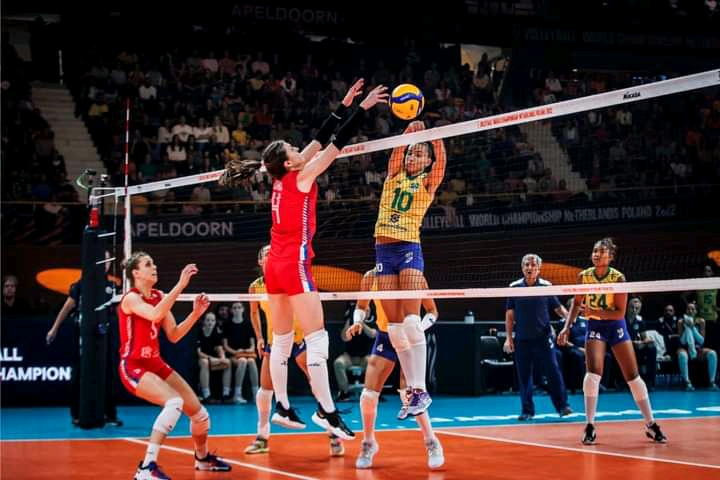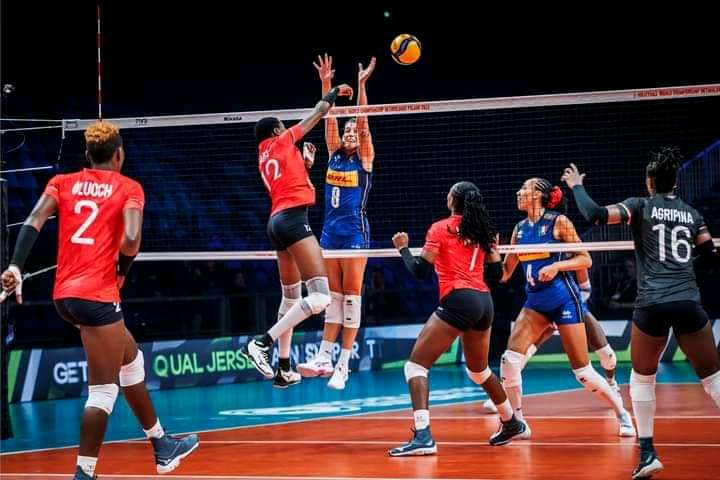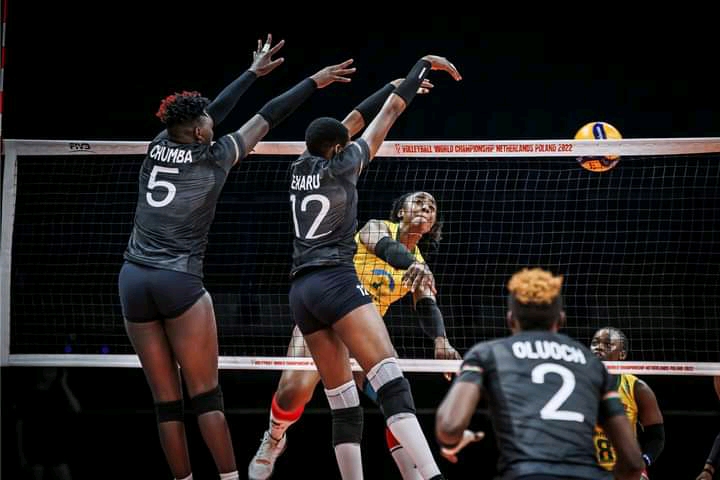LaLiga, as a global, innovative and responsible body, feels the obligation to drive football towards progress through organisation. To this end, on 19th April an anonymous survey on refereeing was carried out during the LaLiga Extraordinary Assembly, at which the clubs expressed their support for a change in the organisational model of the Spanish refereeing system and made clear that there is confusion caused by the changing refereeing criteria for certain actions.
“In Spain, the refereeing structure and its organisation are entirely the responsibility of the Real Federación Española de Fútbol (RFEF), the Spanish football federation, however other models exist that are based on the independence and transparency of the refereeing body, both in Europe (such as the English and German models) and abroad (such as in the United States),” explained Luis Gil, Director of Competitions at LaLiga.
88% of clubs voted in favour of supporting the creation of an independent organisation for the management and running of Spanish refereeing, one in which both LaLiga and the RFEF would participate. This kind of model has already been implemented in some of the most traditional football countries and already has the approval and acceptance of FIFA.
Transparency
The clubs expressed their desire to evolve towards a model with greater transparency. For instance, 85% of clubs believe that there should be greater transparency in terms of referee reports or the promotion and demotion of referees.
Meanwhile, 90% of the clubs polled believe that the refereeing organisation should explain after matches which criteria were used to make decisions on the most controversial plays of the game. This is something that already happens in the United States, where images and audio of the conversations between the on-field umpire and the VOR room are shown, while France’s Ligue 1 recently produced images of referees explaining on television the reasoning behind some of the decisions for controversial incidents in the game.
Disparity in criteria
The clubs also agreed that there is confusion around some of the refereeing criteria, based on their experiences from matchday to matchday. 100% of the clubs stated that they don’t understand what is and what isn’t a handball, expressing the presence of a considerable discrepancy in the criteria used in different matches in the same season. Furthermore, 81% of clubs believe that some penalties are being awarded for minor contact due to the intervention of VAR, while other clearer penalties are not being given.
Furthermore, 86% of clubs believe that the players themselves aren’t aware of when a piece of play could be subject to VAR intervention and when not, even though they are perfectly aware of the protocol that, in theory, determines this.
To address this situation, 71% of clubs would be in favour of establishing a specific and fixed VAR refereeing body that does not alternate with the on-field referees, with the aim of having set officials who become specialised in these types of actions.
The refereeing standard for dismissals
When it comes to sending-offs, LaLiga has witnessed a higher number of red cards this season than the other European competitions, which has led some to posit that the players are more aggressive than before. However, the reality is that the data does not support this theory.
The ratio of average fouls per match was 27 over previous seasons, and this has remained constant over time. In 2022/23 this number has even decreased to below 27, but the ratio of dismissals per match has practically doubled (from 0.2 to 0.4 red cards per match).
This is also the case in matches refereed by Spanish officials in international competitions, both in the Champions League and Europa League, where three to four times more sending-offs are seen compared to matches whistled by these same referees in previous editions.
Given this data, Luis Gil stated that: “LaLiga players are not more aggressive than before, as some try to make out, but rather the Spanish referees have changed their criteria in relation to sending-offs this season, both in Spain and in European competitions.”
Indeed, 93% of the clubs agree with this theory and believe that the number of red cards is excessive when compared to other leagues and doesn’t correspond to the level of aggressiveness of the competition, while 78% believe that this development is disrupting the ordinary course of matches.








